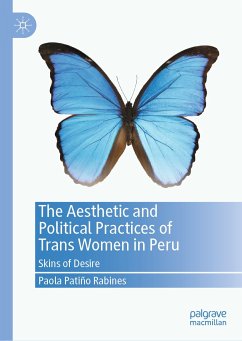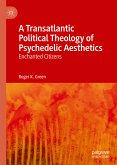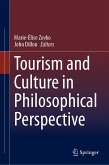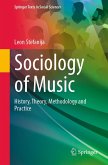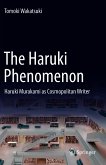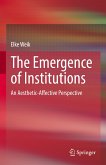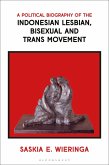This book explores the political-aesthetic practices of transgender women in Lima, Peru, and how they use these to survive and fight for recognition and full citizenship, through drawing on ethnographic research and on decolonial feminist and aesthetic theories. Chapters analyze how the vulnerability and precariousness of trans women coexist with modes of feminist agency, resistance and resilience, as well as with proposals for political action to transform a heteropatriarchal society toward a more diverse and accepting one. Finally, the author draws on the Viennese artist Friedensreich Hundertwasser's metaphor of the five skins, whereby the first skin is the epidermis; the second is the clothes; the third is the house; the fourth is identity, which refers to primary socialization spaces such as the neighbourhood; and the fifth is the world environment. The author uses this metaphor to analyze the corporal practices of trans women in a cumulative way, paying special attention to the different stages of their lives, to those skins that embody and accompany them from childhood to adulthood.
This book will be of interest to scholars of transgender studies, decolonial feminist studies, and aesthetic, particularly those with a focus on gender and sexuality in Latin America.
Dieser Download kann aus rechtlichen Gründen nur mit Rechnungsadresse in A, B, BG, CY, CZ, D, DK, EW, E, FIN, F, GR, HR, H, IRL, I, LT, L, LR, M, NL, PL, P, R, S, SLO, SK ausgeliefert werden.

